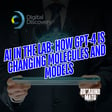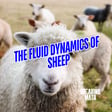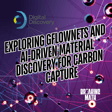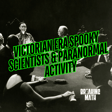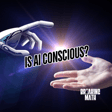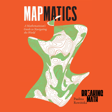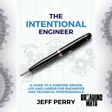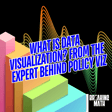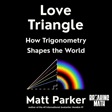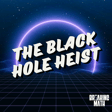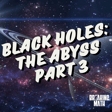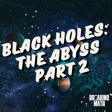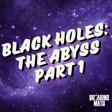
Creating Inclusive Spaces for LGBTQIA+ in STEM
In this episode Autumn is joined by Erika Lynn Dawson Head, the Executive Director of Diversity and Inclusive Community Development for the Manning College of Information and Computer Sciences, discusses her role in STEM, mentorship, and community building. The conversation dives into allyship, LGBTQ+ support, and the challenges of creating safe and inclusive spaces in STEM and higher education. The discussion also explores the intersectionality of identities and the importance of recognizing and addressing biases in professional and educational environments. The conversation covers a range of topics related to diversity, inclusion, and the challenges faced by marginalized communities. It delves into the importance of creating safe spaces, addressing biases, and the need for education and awareness. The discussion also explores the concept of calling people in, the impact of cultural shifts in professional settings, and the significance of building a diverse network of support. Here we cover the importance of role models and support for LGBTQIA+ individuals in STEM fields, the impact of coming out, the need for inclusive spaces, and the significance of kindness and understanding in navigating difficult conversations.
Keywords: diversity, equity, inclusion, STEM, mentorship, LGBTQ+, allyship, safe spaces, intersectionality, biases, professional conduct, higher education, diversity, inclusion, safe spaces, biases, education, awareness, calling people in, cultural shifts, professional settings, network of support, LGBTQIA+, role models, STEM, coming out, inclusive spaces, kindness, understanding, difficult conversations
You can connect with Erika for more opportunities and speaking engagements on LinkedIn.
Subscribe to Breaking Math wherever you get your podcasts.
Become a patron of Breaking Math for as little as a buck a month
Follow Breaking Math on Twitter, Instagram, LinkedIn, Website
Follow Autumn on Twitter and Instagram
Follow Gabe on Twitter.
email: [email protected]


